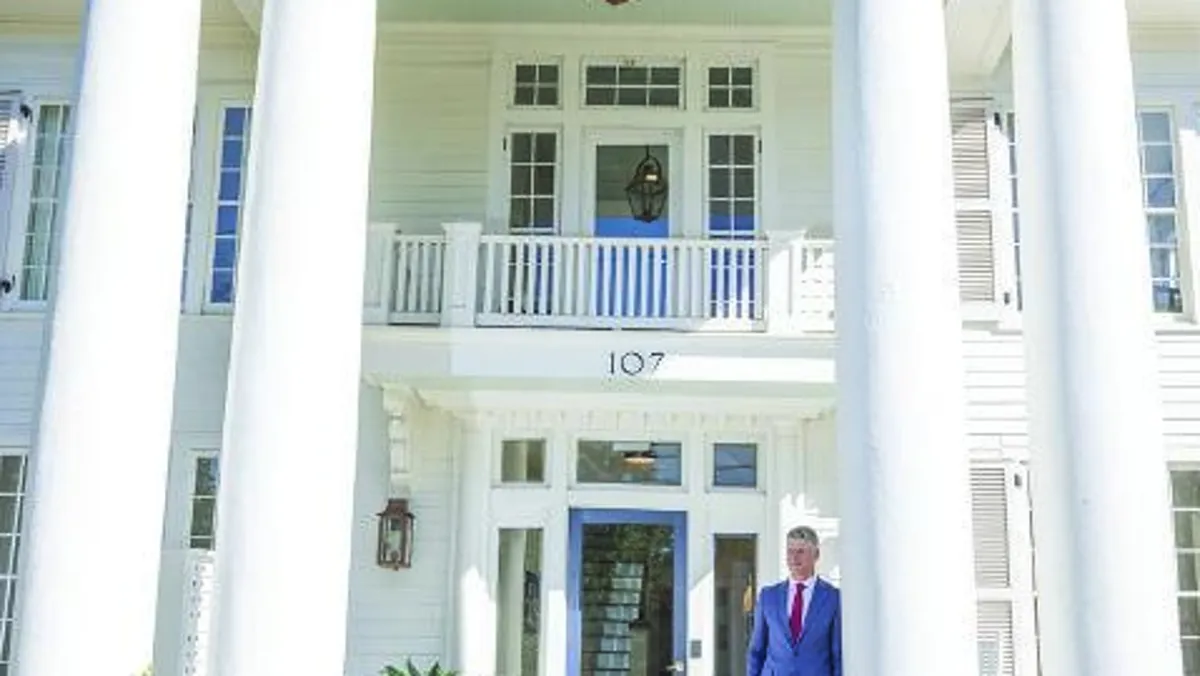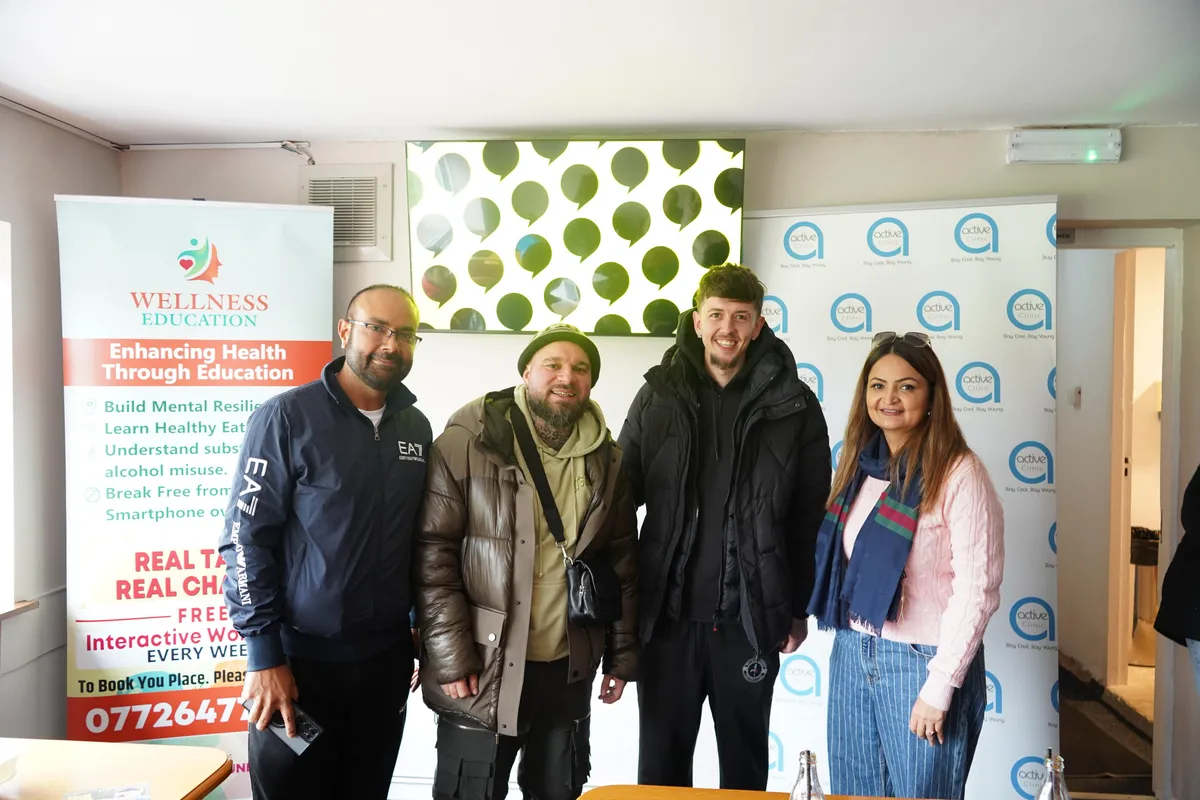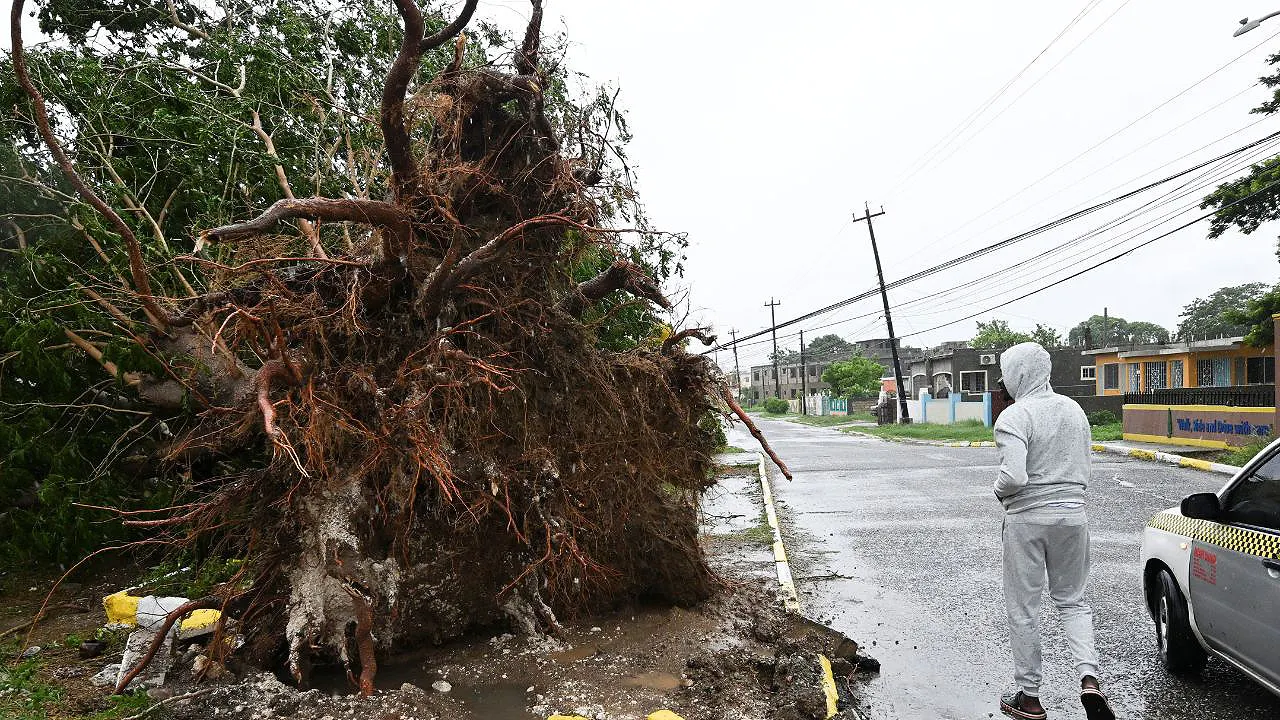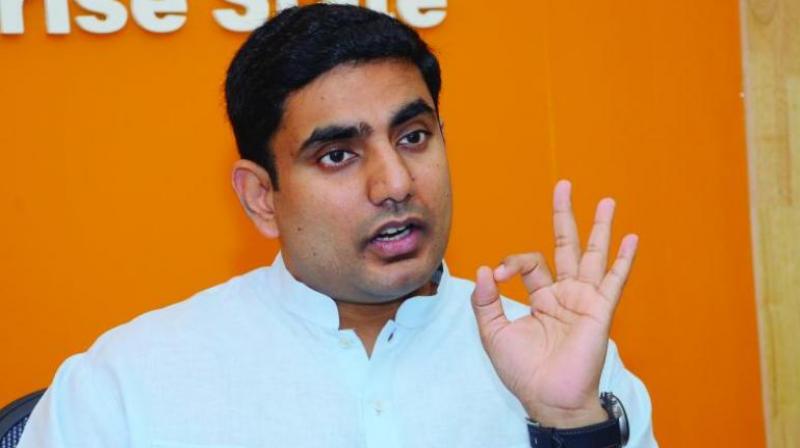Copyright Greenville News

Immigration is as complex an issue as it is polarizing for politicians and the citizens they represent. Navigating the issue can be terrifying for people who have come from other countries, legally or illegally. And it’s why Brandon Carson Hall became an attorney. 'Reason I Chose To Be A Lawyer' “The reason I went to law school was to do immigration. That’s the reason I chose to be a lawyer. It’s all I've ever wanted to do,” says Hall, founder and Managing Attorney at Hall Trial Lawyers in Greenville. Even so, he didn’t step directly into the field. Start In Personal Injury Law After earning his law degree, Hall began working with a Chicago firm specializing in high-volume personal injury cases – 400 to 500 cases a year. “I was always in depositions, always in court, always trying cases, from 8 in the morning until 8 or 9 at night, every day for 10 years,” he says. Hall – who earned his bachelor's degree at The Citadel – gradually took on more complex work, kept up his volume of personal injury cases, and weighed his options. Just before the COVID-19 pandemic hit with full force, he and his wife moved to Greenville. He opened an office Downtown with the intention of commuting to and from the Hart David Carson law firm in Chicago. 'We're Not Going Back' The plan changed. “My wife said, ‘We're not going back to Chicago.’ That was fine with me.” Hall was already working remotely on his cases in Chicago, and he also decided to pursue his goal of practicing immigration law. He knew he needed help learning the complexities and, in 2020, hired a 30-year veteran of the field as a mentor. “There is not one immigration case today that I'm not comfortable handling,” he says. “There are cases I'm working on that would make a law professor spin in his chair.” Hall founded his firm this year and is still a shareholder at the Chicago firm. He didn’t abandon personal injury work and says he chooses to accept five to 10 cases a year in North Carolina and Georgia. “The cases usually involve very serious injuries from either commercial trucking accidents or defective products,” he says. Any injury cases in South Carolina are handled by an associate and local counsel. But at least 80% of the work at Hall Trial Lawyers now involves business- and family-based immigration cases. Immigration And Business That means Hall and the firm work with multinational executives and large companies, people trying to bring a family member or a fiancé into the country, and just about anyone who doesn’t have legal representation as they deal with immigration issues. “Immigration law is highly complex. People try to do it themselves, without an attorney. People think it's just filing papers,” he explains. “But filing paperwork incorrectly can have big repercussions. That's just the beginning. Don’t try to do things alone.” Though Hall says he receives a half-dozen calls a day from people detained by U.S. Citizenship and Customs Enforcement, he refers the callers to a firm in North Carolina. He says the cases are expensive and stressful for the family, and they’re often unsuccessful. “You’ve got to be honest with people at the outset. Most people in removal proceedings are very unhappy,” he says. The firm more often works with multinational executives seeking a visa so they can come from a country such as South Africa or Germany to work at a company like BMW. Sponsoring An Employee Or an employer might sponsor an employee seeking a visa and a green card to live and work permanently in the United States. “There are a surprising number of companies here that have sponsored people,” Hall says. Many are technology firms, but he says the same category of visa can be used by employers to sponsor lower-skilled workers. When Hall has guided individuals or companies through the complex requirements for an application, people inside and outside the U.S. receive “priority dates” for immigrant visas. The priority date dictates the amount of time non-citizens spend on a waiting list before they receive a green card. What About Family Members? Visas are always available for immediate relatives of U.S. citizens. Others receive a priority date based on their relationship to the sponsoring family member. Hall says parents sponsoring an unmarried child over the age of 21 will have a different wait time than a brother sponsoring his sibling. He says the country of origin is also a factor: A more distant relative who lives in Mexico may wait 12 years or more; someone from China, Mexico, India or the Philippines may wait longer than someone from France or the UK. Conversely, Hall says people with extraordinary credentials can self-sponsor without a wait when they’re in fields such as medicine, science, research, arts, athletics or education. ... And Marriage Hall Trial Lawyers often works with citizens who want to marry someone from another country. Hall says people who intend to marry may sometimes unknowingly choose to apply for a tourist visa without recognizing the repercussions. “With a tourist visa, you are representing that you are coming to the United States and intend to return to your home country.” Those who enter the U.S. on a tourist visa, marry within 90 days, then attempt to adjust their status could face accusations of fraud or misrepresentation that can carry hefty penalties, Hall says. “Talk to an immigration lawyer. The better way is to come in on a fiancé visa,” he says. The firm also helps people appeal when they’ve been notified that immigration officials are going to deny their application, have been allowed into the U.S. for humanitarian reasons, or have overstayed their visas. System Is 'Broken' “The immigration system is broken and has been broken for a long time. They haven't reformed anything since 1996, and most people coming into the United States have a very difficult time,” Hall says. “As long as there's more opportunity in the United States, as long as there's a better quality of living in the United States, people are going to come, no matter where they're from, and they'll do anything they can to get here.” U.S. Is 'Missing Out' The long waits and exacting regulations don’t help families, businesses or the country, Hall says. “We’re missing out on a lot of brilliant people who are geniuses in math, science and engineering. The United States wants those people. We need those people,” he says. “We need lower-skilled workers as well.”



